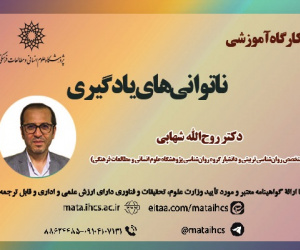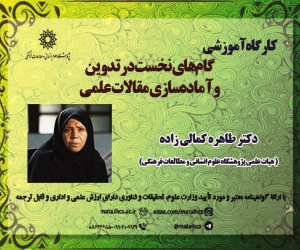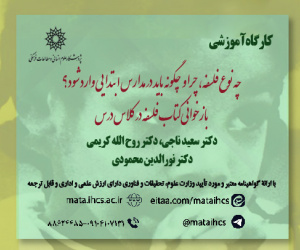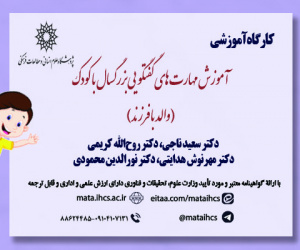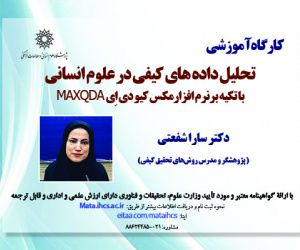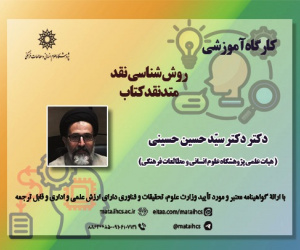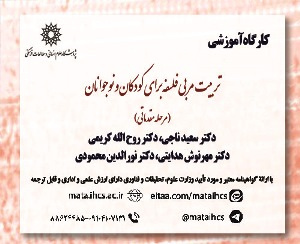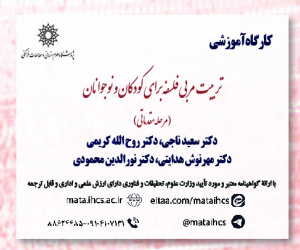اصل دلیل کافی از نگاه پروس و بررسی نقدها
آرشیو
چکیده
اصل دلیل کافی، یکی از بنیان های عقلانی فکر انسانی است که در مباحث کیهان شناختی، از ارکان مهم تلقی می شود. این نگاشته بر آن است تا با ارائه جدیدترین براهین مدافعین و منتقدین کارآمد این اصل، به ویژه افرادی مانند الکساندر پروس، به عنوان یکی از مهم ترین اندیشمندان خداباور و نگاه های نئوهیمیستی و مکتب ذات گرایی، منشأ تقابل این دو نوع نگاه را به بوته نقد و نظر بگذارد. در نگاه پروس، عدم پذیرش این اصل مخاطب را به سوی نوعی شک گرایی مفرط در حیطه شواهد عینی، خواهد کشاند. وی معتقد است که در صورت غلط بودن این بنیان، حقایق طبیعی دیگر بدون علت اتفاق خواهند افتاد و با تصادفی شدن این رخدادها ، دیگر هیچ گونه دریافت معرفتی، ممکن نخواهد بود. همچنین در صورت بطلان این اصل، معتقد است که ما یک نوع ناقضی داریم (Defeater) که ممکن نیست نقض شود (Defeater’s defeater) که خود از بین برنده اعتبار علوم تجربی (Science) است. در نگاه منتقدین، پذیرش این اصل باوجود مثال های نقض، منطقی نیست. تبیین نگاه پروس و اعتبارشناسی پاسخ گویی وی به شبهات خداباوری، از داشته های مهمِ این نوشتار خواهد بود.The principle of sufficient reason in Pruss's point of view and inspection of reviews
The principle of sufficient reason is one of the rational foundations of human thought, which is considered one of the important pillars in cosmological discussions.
This paper is intended to present the latest arguments by defenders and critics of this principle, especially thinkers such as Alexander Pruss, as one of the most prominent theist thinkers as well as neo-humean views and the school of essentialism, in order to criticize and comment on the origin of the opposition regarding these two types of views.
In Prussia's view, rejecting this principle will lead the audience to a kind of excessive skepticism in the field of empirical evidence. He believes that falsification of this foundation leads to other natural facts happening without a cause, and with the randomization of these events, no epistemological reception will be possible. Also, if this principle is deemed invalid, he believes that we have a type of defeater that cannot be defeated (Defeater's defeater), which destroys the credibility of experimental sciences. In the view of critics, accepting this principle despite the existence of counterexamples, is not rational. The articulation of Prussia's view and the validation of his response to criticisms regarding theism will be among important outcomes of this paper.
